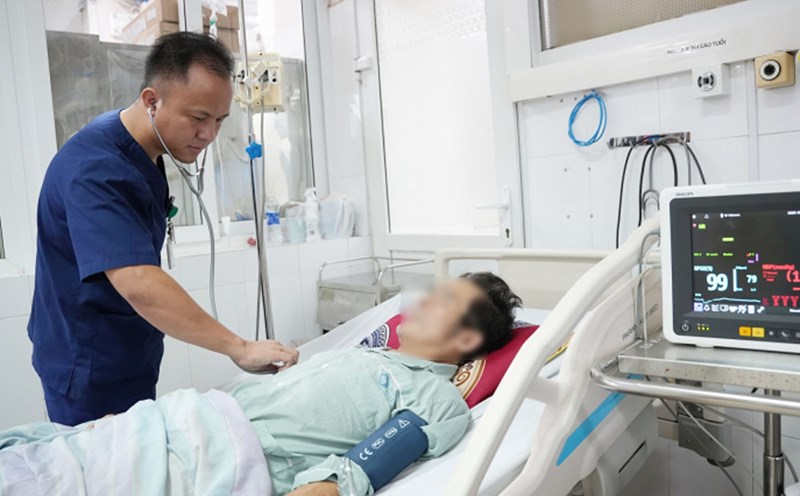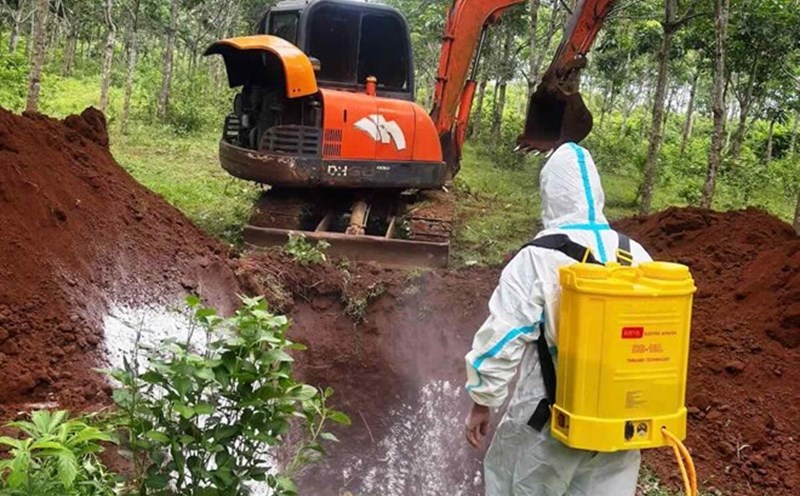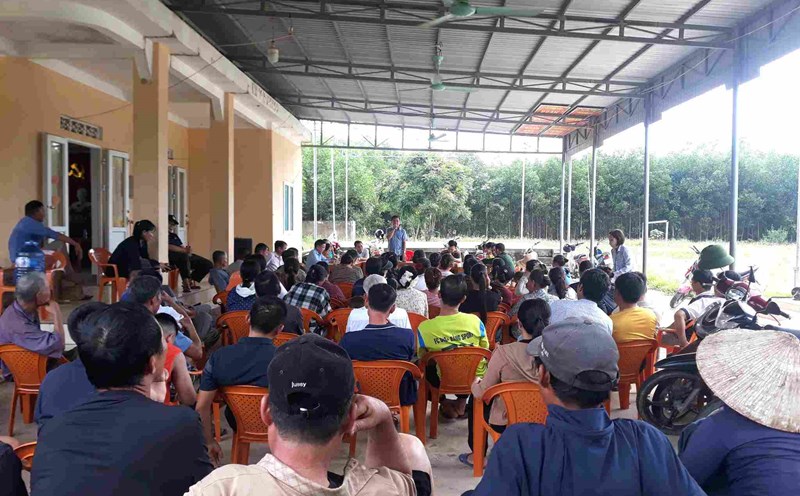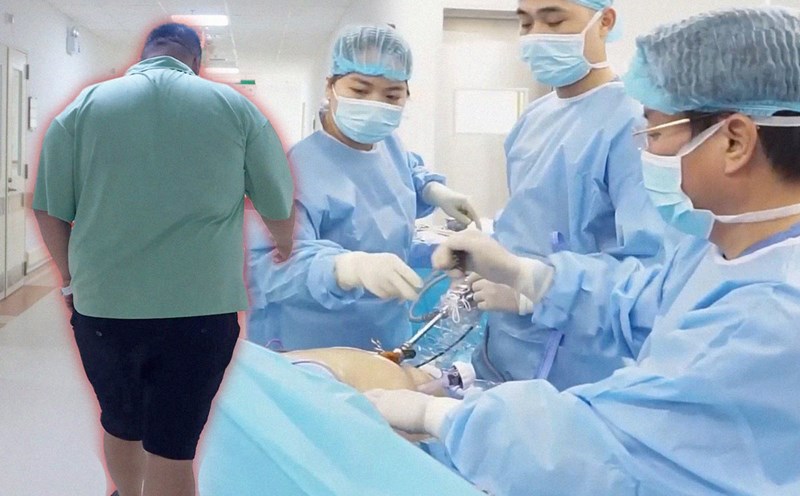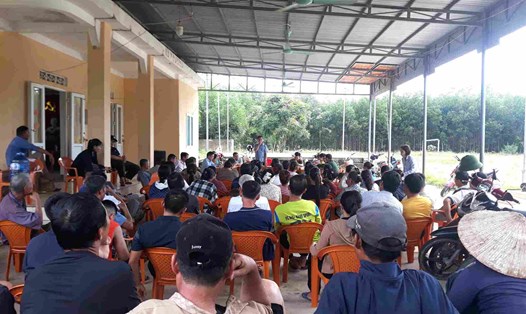This is the situation in many restaurants and eateries. In some localities, when there were cases of streptococcal disease in pigs along with information about African swine fever, many families limited and even stopped buying pork. This decrease in consumption has caused the price of live pigs to drop sharply, the slaughter rate is only about 30% compared to before the outbreak. That not only makes a series of households stall but also creates the risk of breaking the pork supply chain - an essential item of Vietnamese meals.
Fear sometimes comes from lack of official information or being affected by false rumors. "Turning your back" on pork, if prolonged, can lead to an imbalance between supply and demand, causing heavy damage to the livestock industry. Farmers have lost their revenue, processing businesses have stagnated and consumers are finally suffering the consequences of fluctuating prices.
On the other hand, if we maintain the habit of consuming pork safely, both ensuring nutrition for meals and helping to stabilize production, it is also a way to "share the burden" with livestock farmers - those who are already struggling to bear the epidemic.
Recently, a clip of mukbang pork posted by staff of the Department of Animal Husbandry and Veterinary Medicine of Hue City has created a positive effect on social networks. In the clip, veterinary staff directly eat quarantined and processed pork to send the message: "Pigs are safe if they are of the right origin and processed properly." This is a practical, simple action but has a strong influence, contributing to reassuring people in the midst of market instability.
The message of "no boycott of pork" has also been emphasized by the health sector in many localities. The Hue City Department of Health affirmed that the recent deaths related to streptococcus purple have been mainly due to elderly patients with underlying diseases or late hospitalizations. If you follow the preventive principles - do not eat raw and sour soup, spring rolls, rare meat; use gloves when there is a wound in contact with raw meat - then the disease can be completely prevented.
African swine fever is complicated across the country. According to the Ministry of Agriculture and Environment, there are currently 926 outbreaks in 34 provinces and cities that have not passed 21 days. The number of pigs forced to be destroyed updated to the Animal Health Information System (VAHIS) is more than 330 thousand pigs, accounting for about 0.9% of the total herd. However, ministries, branches and localities are making efforts to find ways to prevent the spread. In that context, consumers need to stay calm and behave based on science. Only then can we both protect public health and maintain farmers' livelihoods, and more importantly - not let the epidemic undermine the belief in an essential food of the Vietnamese people.

